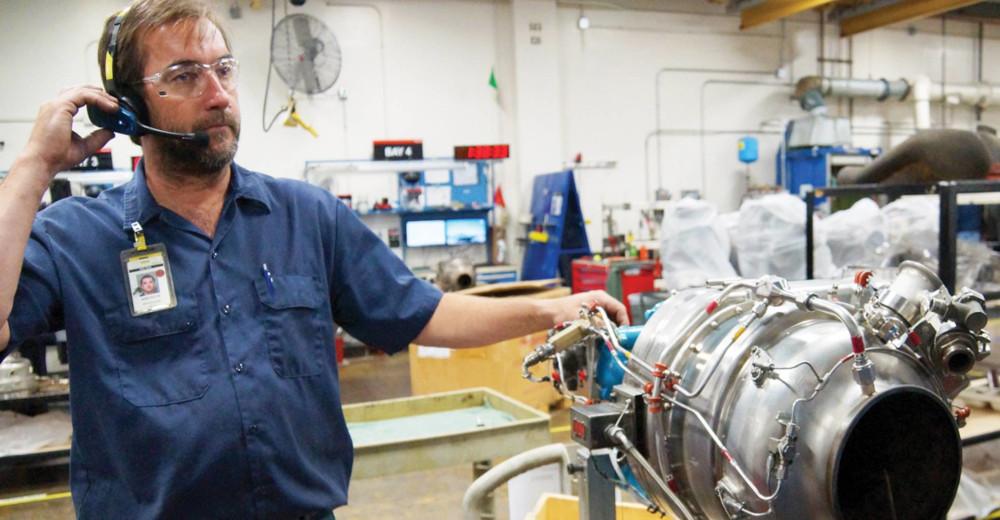
As maintenance activity picks up around the world, so is demand for the parts needed to support it.
Yet all segments of the parts market—new, used and repaired equipment—are being affected by supply chain bottlenecks, labor shortages and inflation.
“While airlines saw the ramp-up via advanced bookings, suppliers were not necessarily ready for the volume of replacement parts needed to support airlines at 2019 levels and in many cases beyond,” says Abdol Moabery, CEO of GA Telesis, in an interview with Inside MRO.
Another driver of demand for new parts sales is inflation, with many MRO providers and airlines seeking to buy in stock ahead of the annual rise in catalog prices, which is expected to be higher than normal this year.
Asked on a second quarter earnings call whether inflationary trends had influenced spare parts pre-buying by Safran’s customers, chief executive Olivier Andries agreed there had been an impact, adding: “We will soon communicate on our catalogue price increase that is planned for November of this year. But you can expect it's going to be up compared to what we have basically done in previous years considering the inflation.”
Andries also noted that it is easier for Safran to pass on inflationary costs to customers through time and materials contracts than through flight-hour-based support agreements.
Currently, CFM’s support contracts are split roughly evenly between the two types, although Andries expects flight-hour-based deals to eventually comprise up to 70% of all maintenance contracts.
The supply of used parts, meanwhile, has been affected by fewer than expected aircraft teardowns and retirements, as airlines have kept older models in service in response to new aircraft delivery delivery.
For a thorough analysis of the parts market, see the next issue of Inside MRO.
